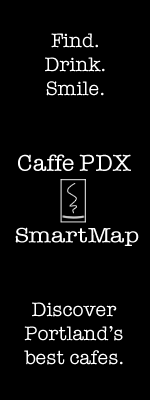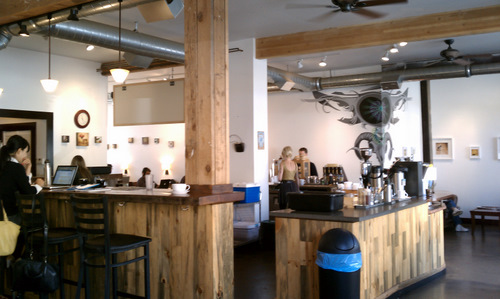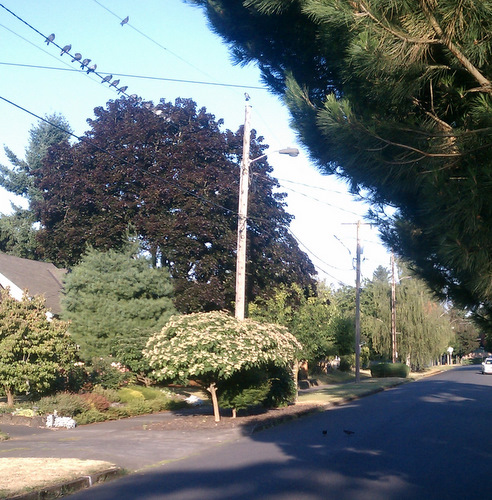Making it big in Beijing
 Wednesday, November 9, 2011 at 4:04PM
Wednesday, November 9, 2011 at 4:04PM It is always a pleasure to read a book that resonates with me in some way, and last night, I read a book that did just that. The book was Big in China: My unlikely adventures raising a family, playing the blues, and becoming a star in Beijing, by Alan Paul. In 2005, Paul’s wife, an editor for the Wall Street Journal, gets a job as the paper’s bureau chief in China. Looking for an adventure and hoping to give their kids some international exposure, the couple decides to move their family of five to Beijing for a while. Paul, a freelance writer for Guitar World and Slam! (a magazine about basketball), is excited about the prospect of starting a new life in a new country, even if it is just for a few years.
When they get to Beijing, the family is put up in a gated expat community, but Paul and his wife Rebecca want to experience the “real” China, so they spend as much time outside the community walls as they do inside it. Aggressively traveling around China, the family visits many places that most foreigners never dare to venture. Paul records most of their adventures and shares them with the world on his blog for the Wall Street Journal. Both spouses eventually manage to get their drivers licenses and they buy a car, giving them an extra degree of freedom to explore.
The family has many of the normal challenges of adjusting to life in a new country. Paul writes about culture shock, about struggles learning the Chinese language, and about watching the transformation of his kids from reluctant participants to adventurers themselves. They all grow to love their new home, and Paul is surprised when the family travels back to the US and finds himself longing to go back “home” to China.
Life is not always wonderful inside the expat community, and Paul’s family must deal with some real heartbreak while they are in Beijing. The wife of one of the couple’s new expat friends becomes ill, and after some inconclusive medical exams returns to the US, where she is diagnosed with late-stage cancer. The speed at which the cancer takes the woman’s life is shocking. Meanwhile, Paul’s own father discovers he has cancer (not life-threatening), and Paul is struck by the realization that life continues to move forward in the states, even when he is not there.
Despite some difficult times, the family’s time in China is a positive experience. One of Paul’s observations is that it feels natural to reinvent oneself in a place that is changing as rapidly as China. In fact, it is necessary to change in order to feel like you fit in. In Paul’s case, he reinvents himself through music.
An amateur musician who is reluctant to play music in front of people, Paul is determined to overcome his fears while he is in China. He has an urge to get up on stage and play, to see what he can really do. The opportunity arises when an expat who owns a bar asks him to host an open mic night. Paul agrees to do it as soon as he can find a partner to play with.
Paul eventually finds someone to play with, though not in a conventional way. On one trip back to the United States, he purchases a new guitar to take to China with him. He carefully packs it in its case and checks it as baggage, but when he arrives at his house in Beijing, Paul opens the guitar case to find that the head is no longer attached to the rest of the guitar. This misfortune would profoundly change the rest of Paul’s time in China.
Paul ends up contacting Woodie Wu, a Chinese guitarist who also has an instrument repair business. When Paul brings him the broken guitar, the two discover they share a deep appreciation for American blues/roots music. Wu probes Paul for stories from all of the guitar players he has interviewed over the years, and the two become fast friends. They get together for a jam session and soon the pair starts playing gigs at local bars. Their band grows to include an American sax player (who also works for the US treasury department) and two Chinese musicians—a bassist and a drummer.
At first, the group is just out to have fun, but Wu challenges Paul to practice harder because he sees that they have potential. Paul agrees. He is nervous about going for it, but at the same time he feels like he could do great things if he would just let his inhibitions go. The effort to improve pays off. The band develops a camaraderie and rhythm, becoming a cohesive unit that plays great music.
Chinese audiences respond well to the Chinese-American blues band. Woodie Alan, as the band is called, is voted Beijing’s best band, and even does some touring in China. They are successful beyond what Paul thought possible when he began. When his wife receives a promotion that will require them to move back to New Jersey, he is deeply torn about leaving. Paul realizes that the only logical decision is to move back to the States, but it is still difficult.
Big in China describes the transition of an upper middle class family from New Jersey into a global family with an international perspective. It also tells the story of how one self-conscious American guy broke through his own resistance and grew into the musician he always hoped he was. At times, the book is funny (reporting the follies of trying to adapt to a new culture), serious (discussing the real anxieties of being far away from sick family members) and inspiring (describing Paul’s transformation). It is an easy and accessible introduction to China, and when you get done reading it, you feel like you need to take your own journey abroad. At least I did.







